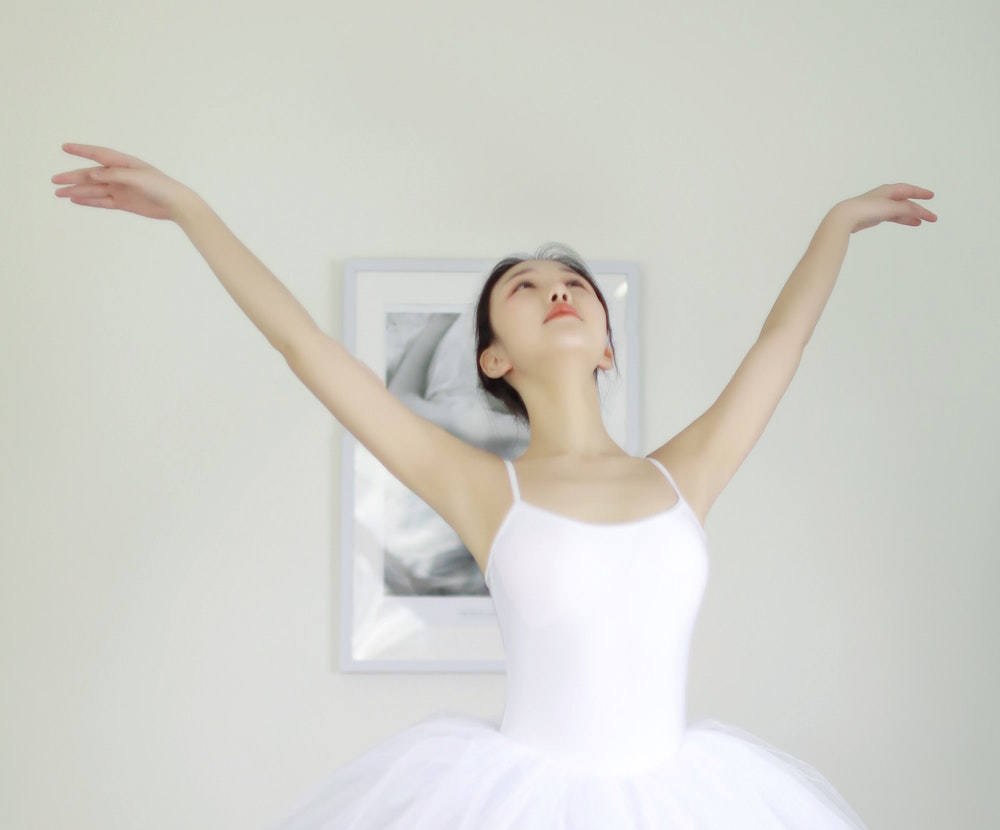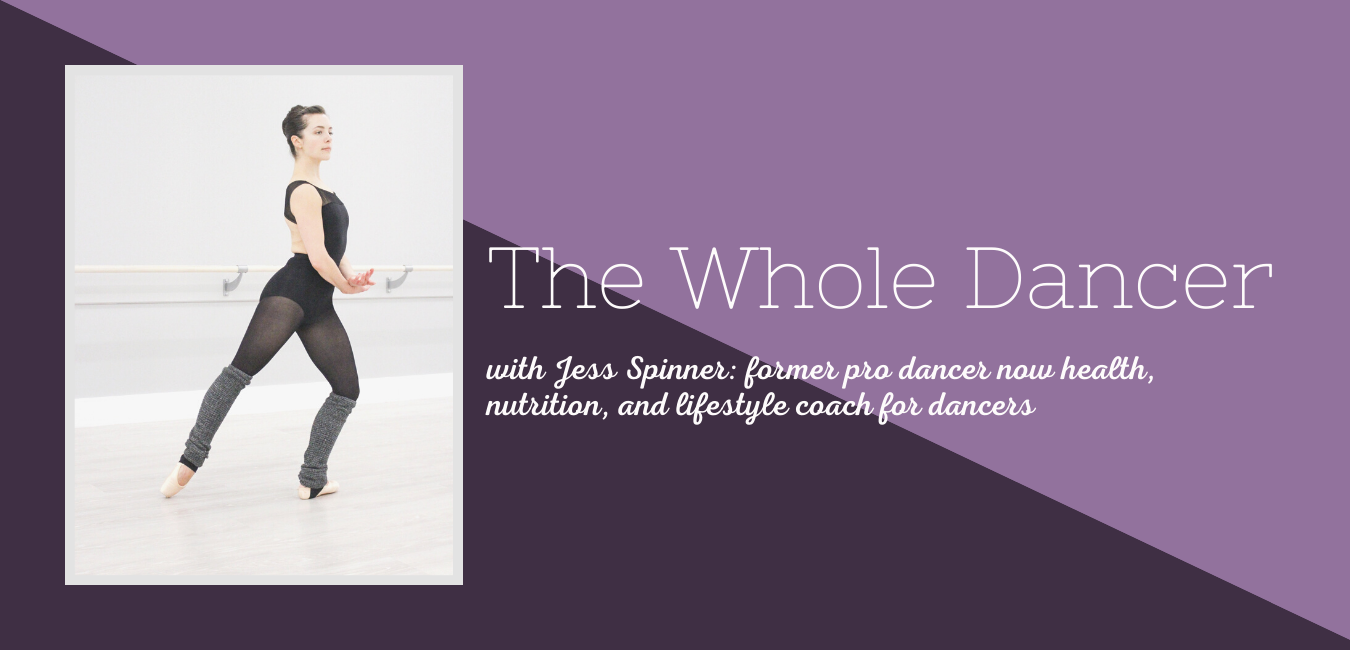It’s Time…Rewrite Your Body Story
When you rewrite your body story and work to believe the new story you’ve created, you’ll feel empowered. You’ll start to see that even if someone else has a preference that your body doesn’t happen to fit into, it’s OK. You can find a place that celebrates and supports your unique shape, movement quality, and love for dance–come on, that’s what it should be about!! Those are the dancers who shine.
More often than not, I take my dancer clients through the process of rewriting their body stories. The power in reframing the context of your experience is immeasurable.
Kathryn Morgan’s recent share about her experience with body shame and criticism while dancing at Miami City Ballet, highlights the importance of taking back the power. You get to write your body story, no one else.
Where our “stories” come from…
Your body story started forming when you were quite young. For some, it begins as young as five or six years old as you notice the world around you. People say things, perceptions form. It might be hard to remember a body memory from that young of an age, in which case, your earliest memory is a good place to start.
I’ve often shared where my body image issues began (for full details on that, read more here). I was thirteen and had just returned from my first Summer Intensive away. My main teacher at my home studio tapped me on the thigh before class and declared, “that wasn’t there before.” From that moment on, I was pretty obsessed with diets and always thought I should be smaller. I thought losing weight was imperative to becoming the best dancer I could be.
So think back…what’s the earliest memory you can remember that started to shape your perception of yourself or what a body in dance should be? Write it down. From there, think about all the comments you heard over the years. Write down all the comments you remember whether they were directed towards you or a group.

It can be painful to recount all the experiences you’ve had that made you feel badly about your body, but facing them is going to help you move on and rewrite your story.
Gathering evidence to back them up.
From those first body feedback experiences, you start to gather evidence to back up that negative perception you’ve created. So when you don’t do well in an audition you’ll revert to the thought, “it’s because of my thighs, just like Nadia said.”
You start to use each bad audition or casting experience as evidence that your body is not good, too big, or just not right for dance. When you stay in that mindset, you won’t be able to support yourself with positivity, optimism, and possibility.
What’s worse: when you get positive feedback you’ll find a way to discount it.
Research shows that we have a built in “negativity bias.” It’s much easier to focus on and remember negative experiences than positive ones. This is why rewriting your story to focus on all the good is essential. Even more important: you need to give yourself reminders throughout the day that there’s lots of good potential and positive things to focus on.
Rewrite your story.
Think about all the positive feedback you’ve received over the years. Just like you did with the negative, try to remember your earliest memories. Were you good at staying in line as one of those party kids in the Nutcracker? Did a teacher compliment you on your tendus when you were 8?
In addition to the actual positive comments, write down memories of teachers who were particularly encouraging, positive, and supportive. Who saw your potential and made you feel like you could succeed and achieve your dance goals? Go into as much detail around these memories as you can.
Once you’ve compiled all your positive memories, bring in some imagination and creativity. Go back to your experiences as a young dancer and rewrite them in your memory with only the good. Erase the negative experiences from the paper and your memory. What would it have looked like if you only had positive, supportive experiences? How would you feel? Would your approach to auditions, company class, and casting be different?
Keep coming back to your new body story.
Since we’re hardwired for negativity, you’ll have to come back to your new, positive body story each and every day. Maybe you read it every morning or take it with you in a journal when you go to auditions.
Confirm for yourself–the positive is your truth. You get to choose what you believe. Believe the good, and trust the people who encouraged you along the way. The naysayers are usually projecting their own pain and negativity onto you anyway. Forgive them and let them go–their pain is not your responsibility.
What if you don’t rewrite your story and take the negative feedback as fact?
This is when people quit, burn out, or lose their passion for dance. It’s why my career ended in my late 20’s instead of continuing until I was truly ready to say goodbye to ballet.
The body negativity will tear you down if you let it—it might take months or years, depending on the situation.
Rewrite your story so you can see all the good you have to offer as a dancer, an artist, a human.
Interested in working with me to reach your body goals, find unshakeable body confidence, and rewrite your body story for good? Apply for Elite Best Body Coaching.

Pingback:How-To Create a Positive Relationship with Food and Your Body
Pingback:Body Transformation for Dancers - The Whole Dancer
Pingback:Your Eating Plan for Dance Reimagined - The Whole Dancer
Pingback:5 Ways Dancers Can Work Through Food Guilt - The Whole Dancer